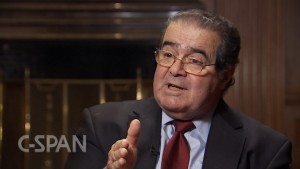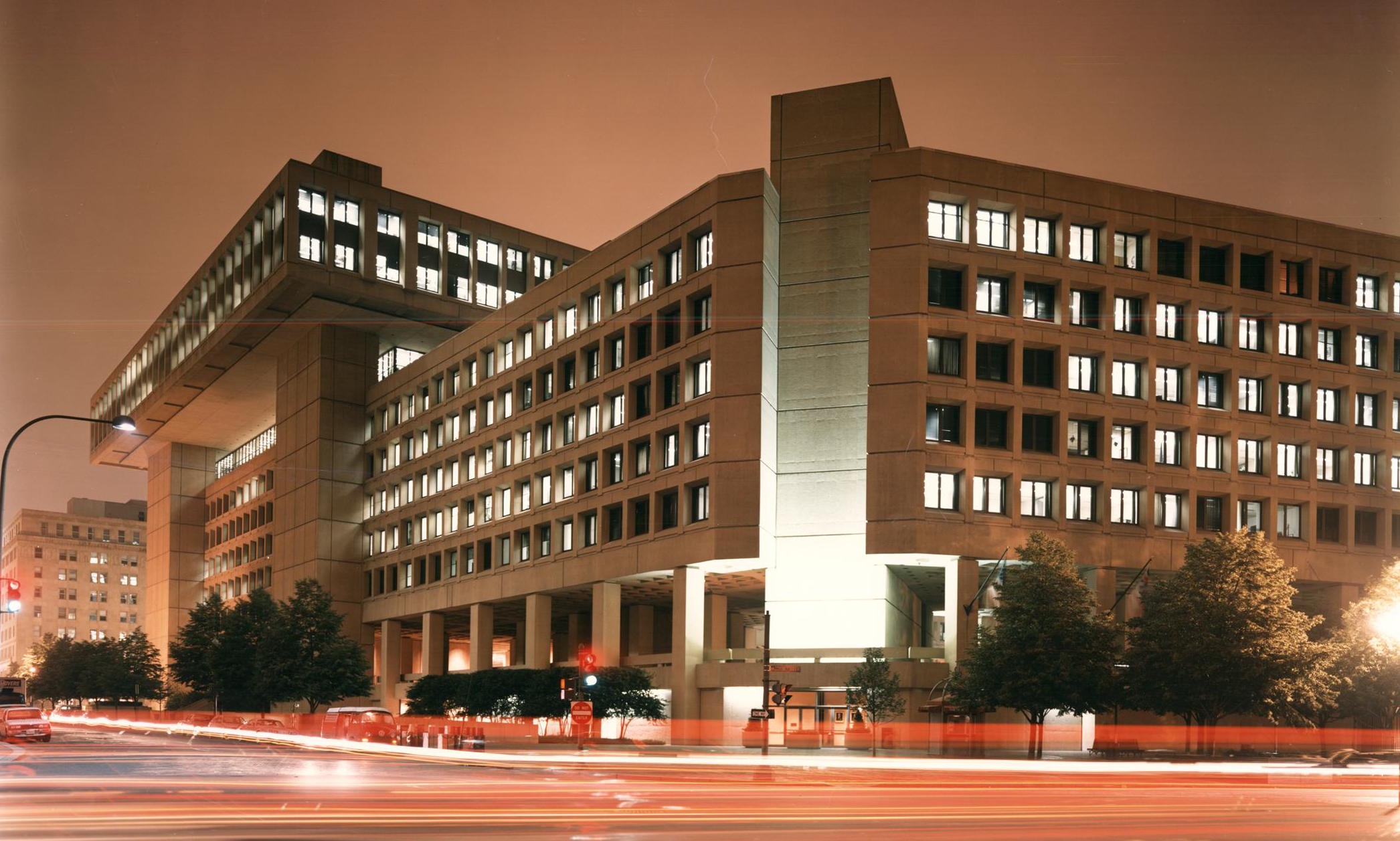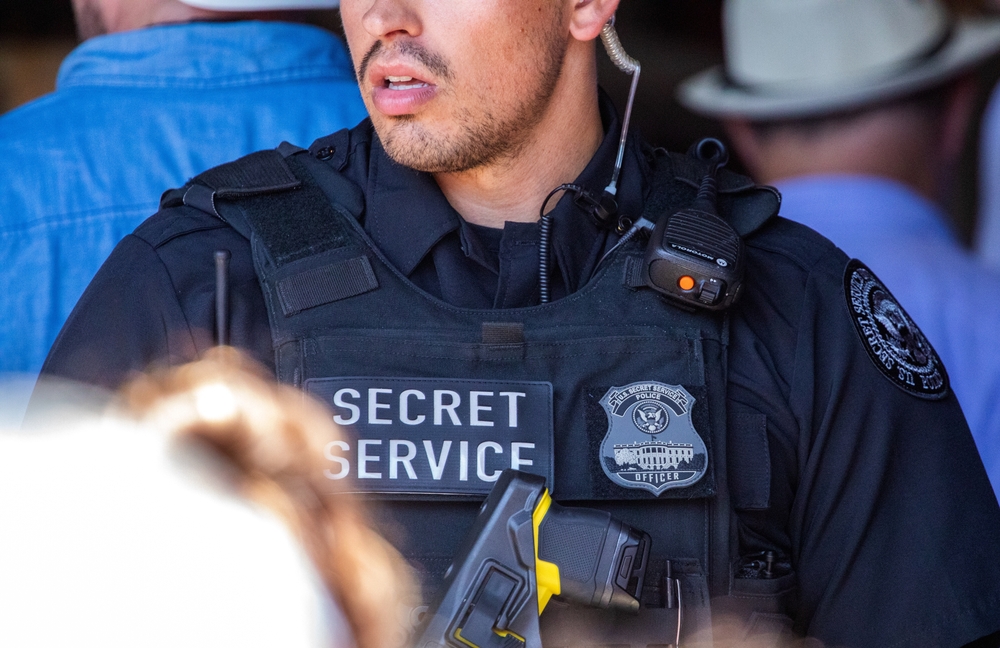
Ross Parker was chief of the criminal division in the U.S. Attorney’s Office in Detroit for 8 years and worked as an AUSA for 28 in that office.
By Ross Parker
ticklethewire.com
The Supreme Court will follow the usual pattern of not hearing oral argument in May and June. But that doesn’t mean that the Justices are loafing in their chambers. Far from it. There are per curiam opinions to write, individual opinions to author and certiorari petitions to consider.
So far this term the Court has issued a half dozen per curiam (by the Court) opinions. These are decisions without a designated author, usually without a dissent or concurrence and concerning well settled areas of the law. The cases are often non-controversial, do not involve an oral argument, and serve to quickly dispose of a routine issue. They are sometimes criticized as a method of avoiding individual Justice accountability and controversies. An example is the case of Bush v. Gore, regarding the election of 2000. The cases of this term, although having some value in terms of the development of the law, do not appear to be subject to this criticism.
The most significant and time-consuming of the work to be done in the two months left of the term are the draft opinions to circulate, discuss and argue about and the cases to decide before the June adjournment. Among criminal cases, which only make up a fraction of the docket of 150-200 cases annually, the Justices still have 12 cases to decide among the 22 oral arguments they heard from October to April.
Predicted 9 of 10 Decisions
So far the Court has decided 10 of the 22 heard during this term. This column has, thus far, correctly predicted the result in 9 of the 10. Not too shabby.
The case I missed was Luis v. United States, in which 4 Justices held that the pretrial freezing of untainted assets subject to forfeiture violated the 6th Amendment. The precedential value of the case is discussed further below.

Justice Scalia’s absence has, no doubt, been felt in the process of deciding cases, but losing his vote has not changed the result in the criminal cases, at least not that is visible to the public. His votes on cases that had not been announced as of the time of his death are void, but there have been no 4-4 criminal cases handed down. In that situation the ruling of the lower court stands.
In one case decided, Luis v. United States, however his absence may have affected the precedential value of the decision. The plurality opinion was signed by only 4 Justices, but with Justice Thomas’s concurrence in the result (but not the reasoning), there was a five-vote majority with 3 dissents. The stare decisis (precedential authority of the principle of law) effect on future, similar cases of the primary opinion will have to wait for those future cases. This has been a matter of some debate. Compare The Legal Tender Cases (1870) with Mitchell v. W.T. Grant Co. (1974).
In any event the likelihood of a 4-4 stalemate is more likely in some of the hot-button civil cases currently pending, like the lawsuit to block President Obama’s order to defer deportation of 5.5 million aliens and the case involving Texas’s restriction on abortion law. Few of the pending criminal cases are likely to end up in this predicament. It has been speculated that the Court sometimes looks for a more narrow reasoning to achieve the result of a decision if the preliminary vote is 4-4. The precedential value of the case is limited but at least the opinion serves the purpose of the “right” result rather than just letting the lower court’s opinion stand.
Next month’s column on the Court will report on the case decisions during the month of May, and the following one will wrap up the significant developments of the Court’s term.




